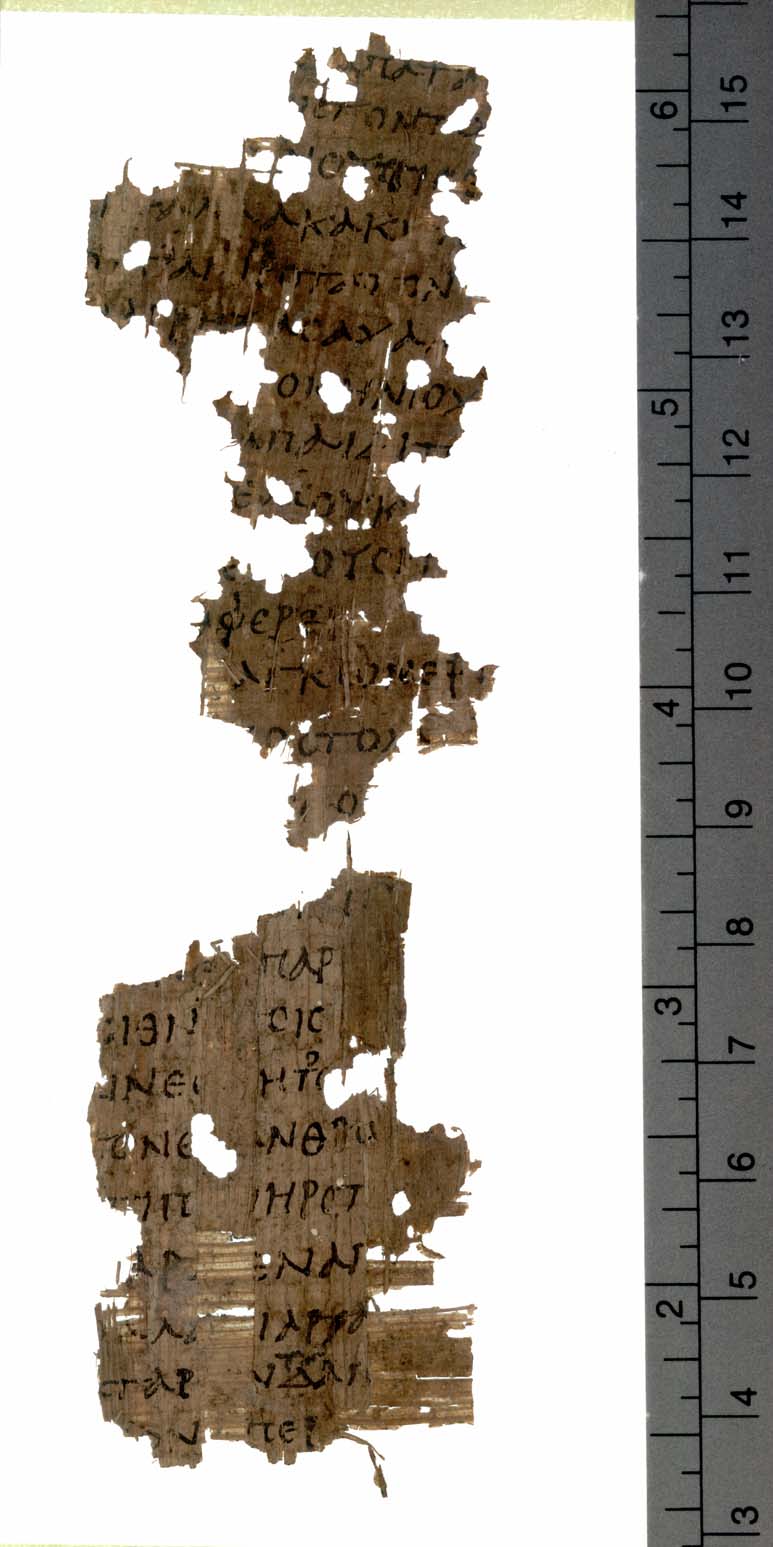Frases célebres de Teognis de Megara
“Exceso engendra insolencia, cuando la prosperidad llega a un mal hombre.”
Fuente: Elegías - linea 153.
Teognis de Megara Frases y Citas
tr. Francisco R. Adrados
OriginaL «παιδὸς ἔρως καλὸς μὲν ἔχειν, καλὸς δ' ἀποθέσθαι• πολλὸν δ' εὑρέσθαι ῥήιτερον ἢ τελέσαι. μυρία δ' ἐξ αὐτοῦ κρέμαται κακά, μυρία δ' ἐσθλά• ἀλλ' ἔν τοι ταύτῃ καί τις ἔνεστι χάρις».
Fuente: II, 1369-1372. (tr. Francisco R. Adrados)
Teognis de Megara: Frases en inglés
“Adopt the character of the twisting octopus, which takes on the appearance of the nearby rock.”
Fuente: Elegies, Line 215.
Contexto: Adopt the character of the twisting octopus, which takes on the appearance of the nearby rock. Now follow in this direction, now turn a different hue.
“Ploutos, no wonder mortals worship you:
You are so tolerant of their sins!”
Fuente: Elegies, Lines 523-524, as translated by Dorothea Wender.
Fuente: Elegies, Lines 303-305, as translated by Dorothea Wender.
“Unless the gods deceive my mind,
That man is forging fetters for himself.”
Fuente: Elegies, Lines 539-540, as translated by Dorothea Wender.
Fuente: Elegies, Lines 421-423, as translated by Dorothea Wender.
“No man takes with him to Hades all his exceeding wealth.”
Fuente: Elegies, Line 725, comparable to: "For when he dieth he shall carry nothing away, his glory shall not descend after him", Psalm xlix, 17.
“The lucky man is honored …
But earnest striving wins no praise at all.”
Fuente: Elegies, Lines 169-170, as translated by Dorothea Wender.
Fuente: Elegies, Lines 137-139, as translated by J. Banks, The Works of Hesiod, Callimachus, and Theognis (1856), p. 464 http://books.google.com/books?id=QqFaP-4DExEC&pg=PA464
πολλοί τοι πλουτοῦσι κακοί, ἀγαθοὶ δὲ πένονται:
ἀλλ᾽ ἡμεῖς τούτοις οὐ διαμειψόμεθα
τῆς ἀρετῆς τὸν πλοῦτον, ἐπεὶ τὸ μὲν ἔμπεδον αἰεί,
χρήματα δ᾽ ἀνθρώπων ἄλλοτε ἄλλος ἔχει.
Fuente: Elegies, Lines 315-318, also attributed to Solon
